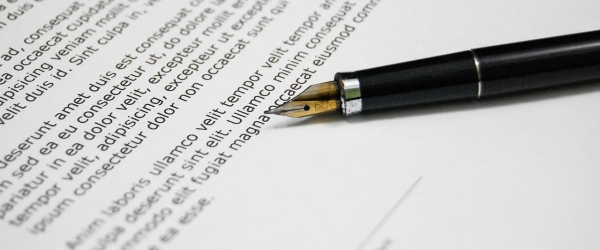
On 14 April 2015, the Polish Constitutional Tribunal rendered a ruling that triggered a great commotion on the Polish market of banking services. The Tribunal declared Article 96 sec. 1 and Article 97 sec. 1 of the Banking Act – regulations constituting Banking Enforcement Title – as contrary to the principle of equality (case No P 45/12). In response to the judgment, the state legislator derogated this instrument from the Polish legal system with effect from 27 November 2015.













